Salted peanuts are a popular snack enjoyed by many people around the world. However, for individuals who suffer from acid reflux, indulging in this tasty treat can sometimes lead to uncomfortable symptoms. Acid reflux, also known as gastroesophageal reflux disease (GERD), occurs when stomach acid flows back up into the esophagus, causing a burning sensation in the chest and throat. In this article, we will explore the relationship between salted peanuts and acid reflux and provide some tips on how to manage symptoms effectively. Understanding Acid Reflux Before we delve into the potential impact of salted peanuts on acid reflux, it’s essential to have a basic understanding of the condition itself. Acid reflux occurs when the lower esophageal sphincter (LES) – a ring of muscle at the entrance of the stomach – does not close properly, allowing stomach acid to flow back up into the esophagus.
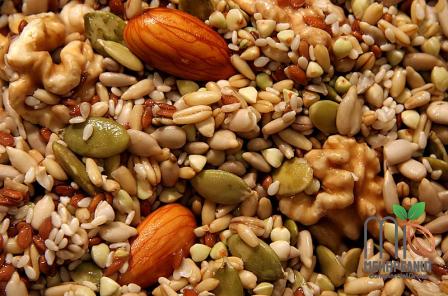
.
 This backflow of acid can irritate the lining of the esophagus, leading to symptoms such as heartburn, regurgitation, chest pain, and difficulty swallowing. While occasional acid reflux is common and can be managed with lifestyle changes and over-the-counter medications, chronic or severe cases may require medical intervention. Factors that can contribute to the development of acid reflux include obesity, pregnancy, smoking, and certain dietary choices. Salted Peanuts and Acid Reflux: The Connection Salted peanuts, like other high-fat and high-salt snacks, have the potential to trigger or exacerbate symptoms of acid reflux in some individuals. The high-fat content in peanuts can relax the LES, allowing stomach acid to flow back up into the esophagus more easily. Additionally, the salt in salted peanuts can contribute to water retention, which may worsen symptoms of acid reflux. Furthermore, some people may experience heartburn or indigestion after eating peanuts due to their hard texture, which can be difficult for the stomach to break down. When the stomach has to work harder to digest food, it can increase the likelihood of acid reflux symptoms occurring. Managing Acid Reflux Symptoms For individuals who enjoy salted peanuts but also struggle with acid reflux, there are several strategies that can help manage symptoms effectively: 1. Portion Control: Instead of consuming a large amount of salted peanuts in one sitting, opt for smaller portions to reduce the risk of triggering acid reflux symptoms. Eating smaller meals throughout the day can also help prevent overloading the stomach and minimize the chances of acid reflux. 2. Avoid Eating Before Bed: Eating close to bedtime can increase the likelihood of acid reflux symptoms, as lying down shortly after eating can cause stomach acid to flow back up into the esophagus. Try to avoid consuming salted peanuts or any other food at least two to three hours before going to bed. 3. Choose Healthier Alternatives: If salted peanuts consistently trigger acid reflux symptoms, consider replacing them with healthier snack options that are lower in fat and salt. Almonds, cashews, or walnuts can be nutritious alternatives that are less likely to aggravate acid reflux.
This backflow of acid can irritate the lining of the esophagus, leading to symptoms such as heartburn, regurgitation, chest pain, and difficulty swallowing. While occasional acid reflux is common and can be managed with lifestyle changes and over-the-counter medications, chronic or severe cases may require medical intervention. Factors that can contribute to the development of acid reflux include obesity, pregnancy, smoking, and certain dietary choices. Salted Peanuts and Acid Reflux: The Connection Salted peanuts, like other high-fat and high-salt snacks, have the potential to trigger or exacerbate symptoms of acid reflux in some individuals. The high-fat content in peanuts can relax the LES, allowing stomach acid to flow back up into the esophagus more easily. Additionally, the salt in salted peanuts can contribute to water retention, which may worsen symptoms of acid reflux. Furthermore, some people may experience heartburn or indigestion after eating peanuts due to their hard texture, which can be difficult for the stomach to break down. When the stomach has to work harder to digest food, it can increase the likelihood of acid reflux symptoms occurring. Managing Acid Reflux Symptoms For individuals who enjoy salted peanuts but also struggle with acid reflux, there are several strategies that can help manage symptoms effectively: 1. Portion Control: Instead of consuming a large amount of salted peanuts in one sitting, opt for smaller portions to reduce the risk of triggering acid reflux symptoms. Eating smaller meals throughout the day can also help prevent overloading the stomach and minimize the chances of acid reflux. 2. Avoid Eating Before Bed: Eating close to bedtime can increase the likelihood of acid reflux symptoms, as lying down shortly after eating can cause stomach acid to flow back up into the esophagus. Try to avoid consuming salted peanuts or any other food at least two to three hours before going to bed. 3. Choose Healthier Alternatives: If salted peanuts consistently trigger acid reflux symptoms, consider replacing them with healthier snack options that are lower in fat and salt. Almonds, cashews, or walnuts can be nutritious alternatives that are less likely to aggravate acid reflux.
..
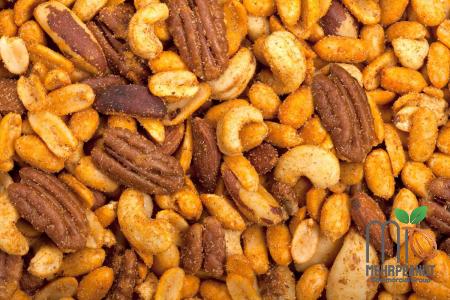 4. Stay Hydrated: Drinking an adequate amount of water throughout the day can help dilute stomach acid and promote better digestion. Staying hydrated can also prevent the formation of excessive stomach acid, reducing the likelihood of acid reflux symptoms occurring. 5. Monitor Your Triggers: Keep a food diary to track your intake of salted peanuts and other potential trigger foods for acid reflux. By identifying specific foods that worsen your symptoms, you can make more informed choices about what to eat and what to avoid. 6. Seek Medical Advice: If you experience frequent or severe symptoms of acid reflux despite making dietary and lifestyle changes, it’s important to consult with a healthcare provider. They can offer personalized recommendations and may prescribe medication to help manage your symptoms effectively. Conclusion In conclusion, while salted peanuts can be a delicious and convenient snack for many people, individuals with acid reflux may need to be more cautious about consuming them. The high-fat and high-salt content of salted peanuts can potentially trigger or worsen symptoms of acid reflux in some individuals. By practicing portion control, choosing healthier alternatives, staying hydrated, and monitoring your triggers, you can help manage acid reflux symptoms effectively while still enjoying your favorite snacks in moderation. Remember that everyone’s experience with acid reflux is unique, and what works for one person may not work for another. If you have concerns about how salted peanuts or other foods may be affecting your acid reflux symptoms, be sure to seek guidance from a healthcare provider. With the right approach, you can find a balance that allows you to enjoy your favorite treats while also maintaining good digestive health. Salted peanuts and acid reflux can be a challenging combination to navigate, but with the right knowledge and strategies, you can still enjoy your favorite snack while managing your symptoms effectively. Remember that moderation and mindful eating are key components of maintaining good digestive health, especially for individuals with acid reflux.
4. Stay Hydrated: Drinking an adequate amount of water throughout the day can help dilute stomach acid and promote better digestion. Staying hydrated can also prevent the formation of excessive stomach acid, reducing the likelihood of acid reflux symptoms occurring. 5. Monitor Your Triggers: Keep a food diary to track your intake of salted peanuts and other potential trigger foods for acid reflux. By identifying specific foods that worsen your symptoms, you can make more informed choices about what to eat and what to avoid. 6. Seek Medical Advice: If you experience frequent or severe symptoms of acid reflux despite making dietary and lifestyle changes, it’s important to consult with a healthcare provider. They can offer personalized recommendations and may prescribe medication to help manage your symptoms effectively. Conclusion In conclusion, while salted peanuts can be a delicious and convenient snack for many people, individuals with acid reflux may need to be more cautious about consuming them. The high-fat and high-salt content of salted peanuts can potentially trigger or worsen symptoms of acid reflux in some individuals. By practicing portion control, choosing healthier alternatives, staying hydrated, and monitoring your triggers, you can help manage acid reflux symptoms effectively while still enjoying your favorite snacks in moderation. Remember that everyone’s experience with acid reflux is unique, and what works for one person may not work for another. If you have concerns about how salted peanuts or other foods may be affecting your acid reflux symptoms, be sure to seek guidance from a healthcare provider. With the right approach, you can find a balance that allows you to enjoy your favorite treats while also maintaining good digestive health. Salted peanuts and acid reflux can be a challenging combination to navigate, but with the right knowledge and strategies, you can still enjoy your favorite snack while managing your symptoms effectively. Remember that moderation and mindful eating are key components of maintaining good digestive health, especially for individuals with acid reflux.
…
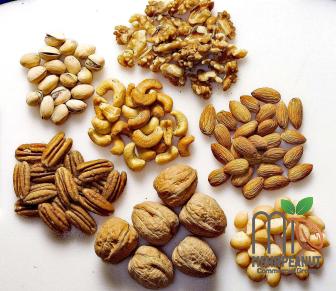
Incorporating a variety of nutritious foods into your diet, along with making lifestyle changes such as maintaining a healthy weight, avoiding smoking, and managing stress, can also play a significant role in reducing the frequency and severity of acid reflux symptoms. Finding a balance that works for you and prioritizing your overall well-being are essential steps in managing acid reflux and improving your quality of life. If you find that salted peanuts consistently trigger uncomfortable symptoms of acid reflux, consider exploring alternative snack options that are less likely to aggravate your condition. Experimenting with different foods and paying attention to how your body responds can help you identify which foods are best suited to your unique digestive needs. In conclusion, salted peanuts can be a delicious and satisfying snack for many individuals, but they may not be the best choice for those dealing with acid reflux. By understanding the potential impact of high-fat and high-salt foods on acid reflux symptoms, making informed dietary choices, and seeking guidance from healthcare providers when needed, you can take control of your digestive health and enjoy a greater sense of well-being. Remember that managing acid reflux is a journey that requires patience, perseverance, and a willingness to adapt your habits as needed. With the right approach and a commitment to self-care, you can find relief from symptoms and embrace a more comfortable and fulfilling lifestyle. So, the next time you reach for a handful of salted peanuts, consider how they may affect your acid reflux symptoms and make choices that align with your health goals. By prioritizing your well-being and listening to your body’s cues, you can strike a balance that allows you to enjoy your favorite snacks while maintaining good digestive health. In the end, it’s all about finding what works best for you and taking steps to support your digestive system. With a proactive approach and a focus on overall wellness, you can navigate the challenges of acid reflux with confidence and resilience. Your health is worth investing in, and by making informed choices and seeking support when needed, you can empower yourself to live a vibrant and fulfilling life free from the discomfort of acid reflux.

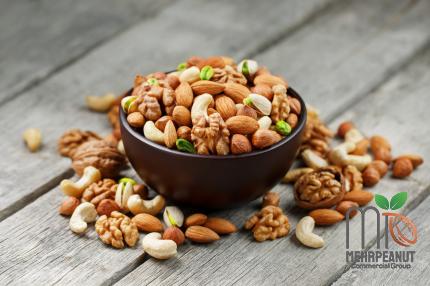

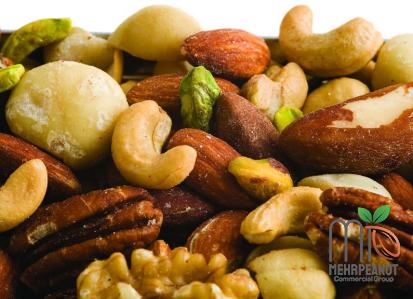
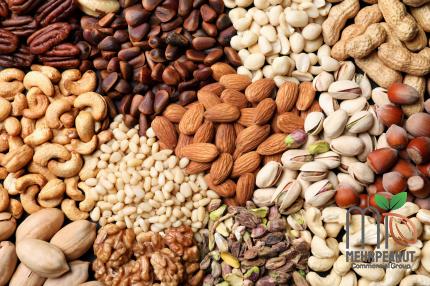
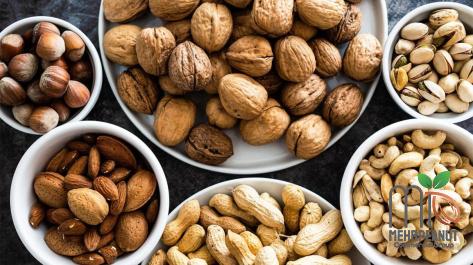
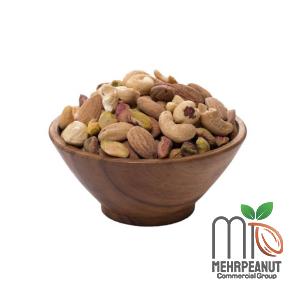
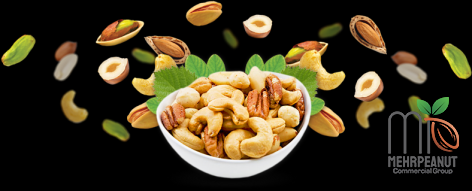
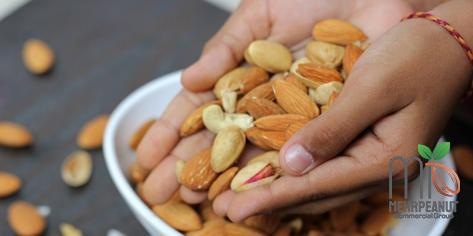
Your comment submitted.